The great kindy debate: Experts reveal which age your kids should start school
More parents are holding back their kids from starting school early, with almost 30 per cent of first year students now being six years old. But is it the right decision? Three leading child development experts reveal all.
Education
Don't miss out on the headlines from Education. Followed categories will be added to My News.
More parents are holding back their kids from starting school early, with six-year-olds now accounting for approximately three in ten Kindergarten children.
New figures from the NSW Department of Education show just 19.1 per cent of students starting the 2023 school year in a state-run Kindergarten were under 5 years old, while 3.6 per cent had already turned six.
By the time the department’s census was taken in August, 28.5 per cent were 6 years old.
The latest figures follow a long-term trend – since 2012, the proportion of Kindergarteners who had not turned five by the July 31st cut-off has fallen from 2.42 per cent to just 1.6 per cent of children in 2023, and boys continue to be held back more often than girls.
Over the past decade, there have been 2200 more four-year-old girls in Kindergarten classes than boys.
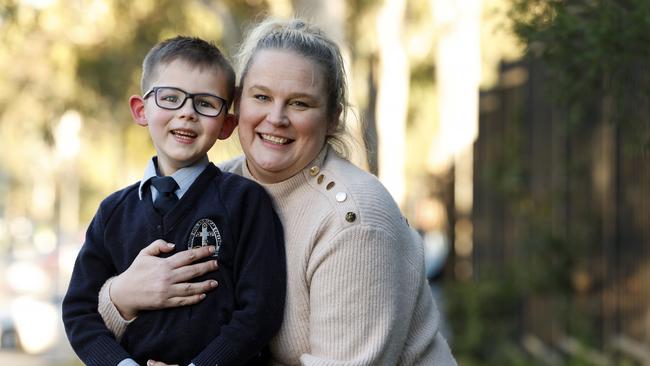
Experts in child development say the stats are far from surprising, with boys often reaching the level of emotional and social maturity required to thrive in school later than their female counterparts.
In NSW, all children must be in compulsory schooling by their sixth birthday, with few exceptions. They can start Kindergarten as young as four – provided they turn five on or before 31 July that year.
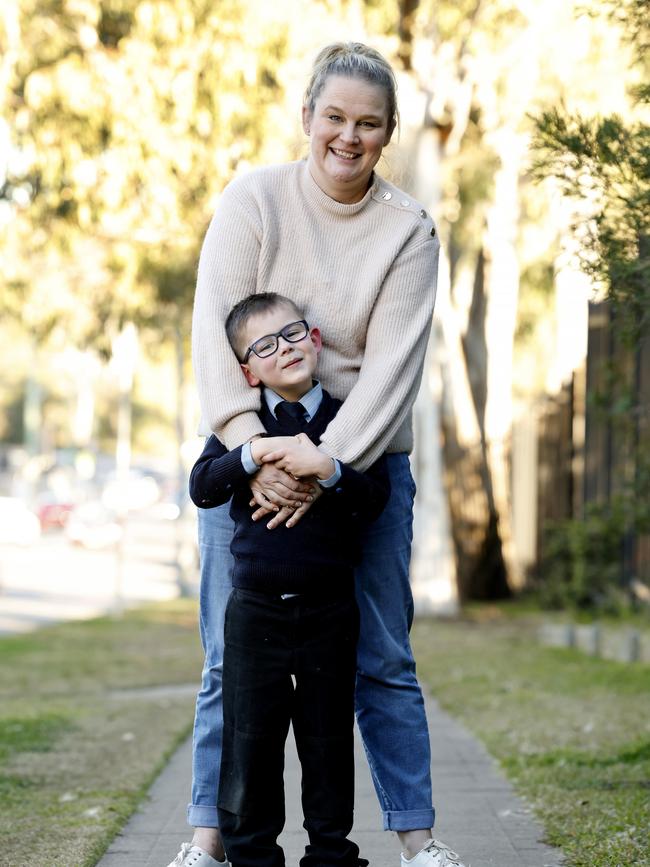
Grantham Hill mum of four Naomi Visser used the “December loophole” to keep her youngest son, six-year-old Oliver, from starting school at five. Because Oliver, who was later diagnosed with ADHD, was born on December 20 – after the end of the school year – he later became one of the eldest children in his grade.
“Preschool was always struggling with his behaviour, and he was always having terrible days. He’d had many meltdowns and I was really concerned that if he did start school, how that was going to go,” Ms Visser explained.
“Holding him back hasn’t meant that he’s at the top of his class now, but it has put him in much better stead.”
Though her daughter thrived as an ‘early’ student, Ms Visser said she would have also chosen to keep her two other sons back if she had her time again.
“The problem a lot of people have (with their kids) is they think ‘oh they’re so smart, they’re going to be fine – they know their letters, they know their numbers, they can count’.
“But all of that comes in time – it’s actually socially where they might have some issues.”
WHAT THE EXPERTS SAY
Professor Ben Edwards, a researcher in child and youth development at the Australian National University, said longitudinal studies show NSW is the “epicentre of delayed entry” not just in Australia, but internationally.
His research paper showed richer suburbs in Sydney are also more likely to have a higher rate of delayed entry, but the evidence of any advantage for students is “pretty mixed”.
“A paper that compared NAPLAN data for kids who were delayed entrants to those who weren’t … found there were some slight advantages for numeracy and reading in grade three, but by grade nine, nothing,” Professor Edwards said.
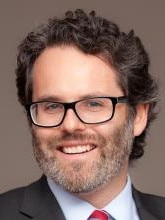
“It’s very much an individual decision, but if you do choose to delay your kids an extra year you are going to be paying a lot in childcare fees – you really want to be sure it’s in their best interest to do so.
“My advice would be to listen to the educational experts around you and make a decision that best suits your family and your child – don’t be fooled into thinking that an extra year is going to make a massive difference.
“You’re not going to generate an Einstein by delaying your kid a year into school.”
Other experts, including Flinders University lecturer in early childhood education Rachael Hedger, say the youngest students benefit most when their schooling is play-based, rather than formalised and rigidly structured.
“It’s always been my mantra that we need to make sure that schools are places that are ready for our children, not the other way around,” Ms Hedger said.
“Parents need to feel that their child can start school, whether they’re four and a half or five, and it’s going to be a place that ready to accept them wherever they are developmentally.”
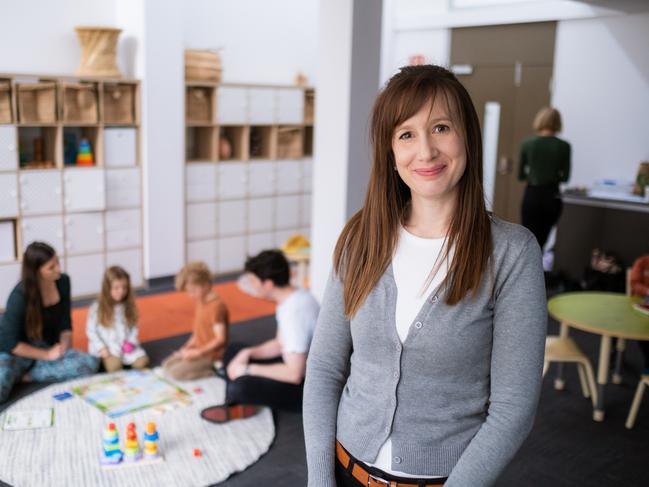
While some schools do get the balance between learning through play and traditional learning right, others are trying to move children into a structured system too early and “not allowing enough time for them to play and engage with others”, she said.
“Even with their physical development, some children aren’t ready to hold a pencil at four years old – their hand muscles are still developing.”
Holding a child back from entering an overly-structured environment can also help with language acquisition, she said, as kids are forced to slow down and speak more clearly to communicate with each other rather than with adults – including teachers – who rush to fill in the blanks.
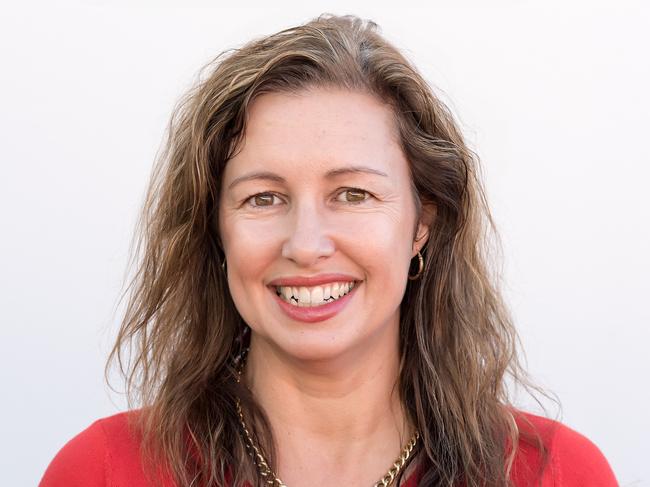
Carol Markie-Dadds, country director for the international Triple P Positive Parenting Program, also subscribes to the philosophy that Kindergartens should be ready for all children, rather than thinking of kids as needing to be ready for Kindergarten.
“It’s not so much about their academic readiness, it’s about their ability to follow the directions and express themselves. Do they stay calm if they lose a game? Can they use the toilet?” she said.
“Your school should be able to tell you what supports they can put around the child with less emotional maturity.”
Do you have a story for The Daily Telegraph? Message 0481 056 618 or email tips@dailytelegraph.com.au





